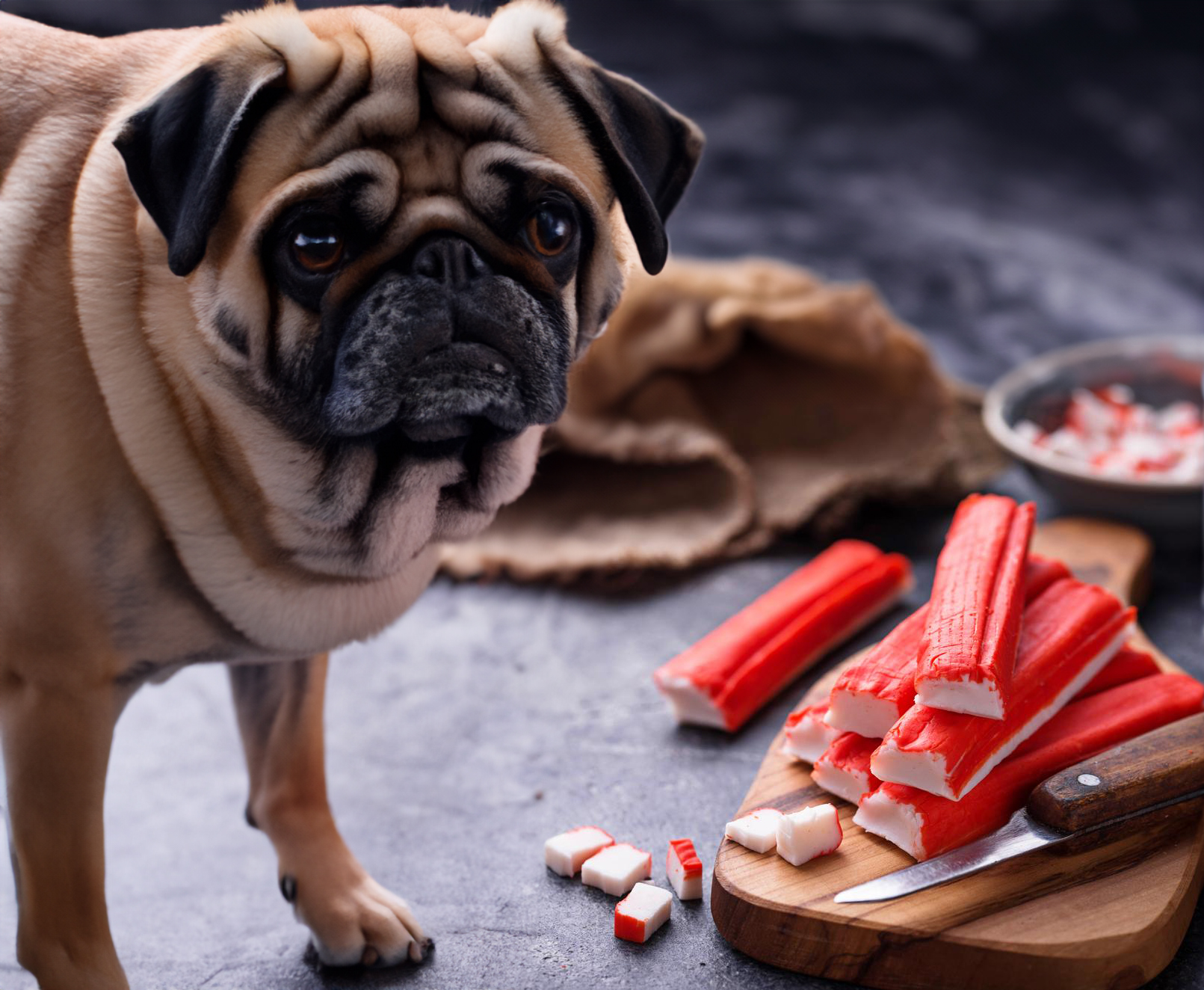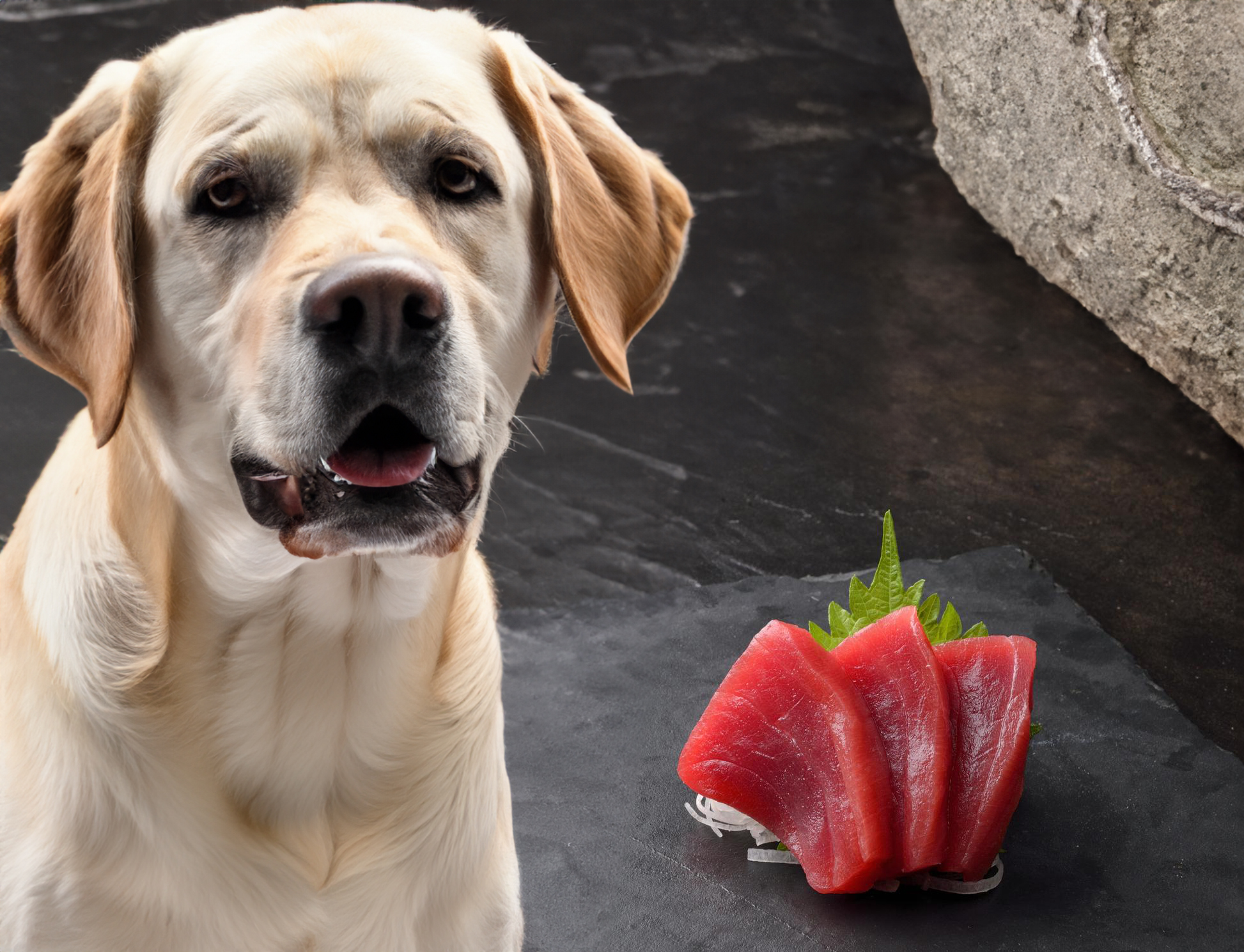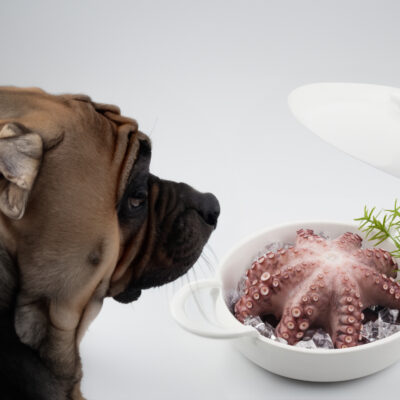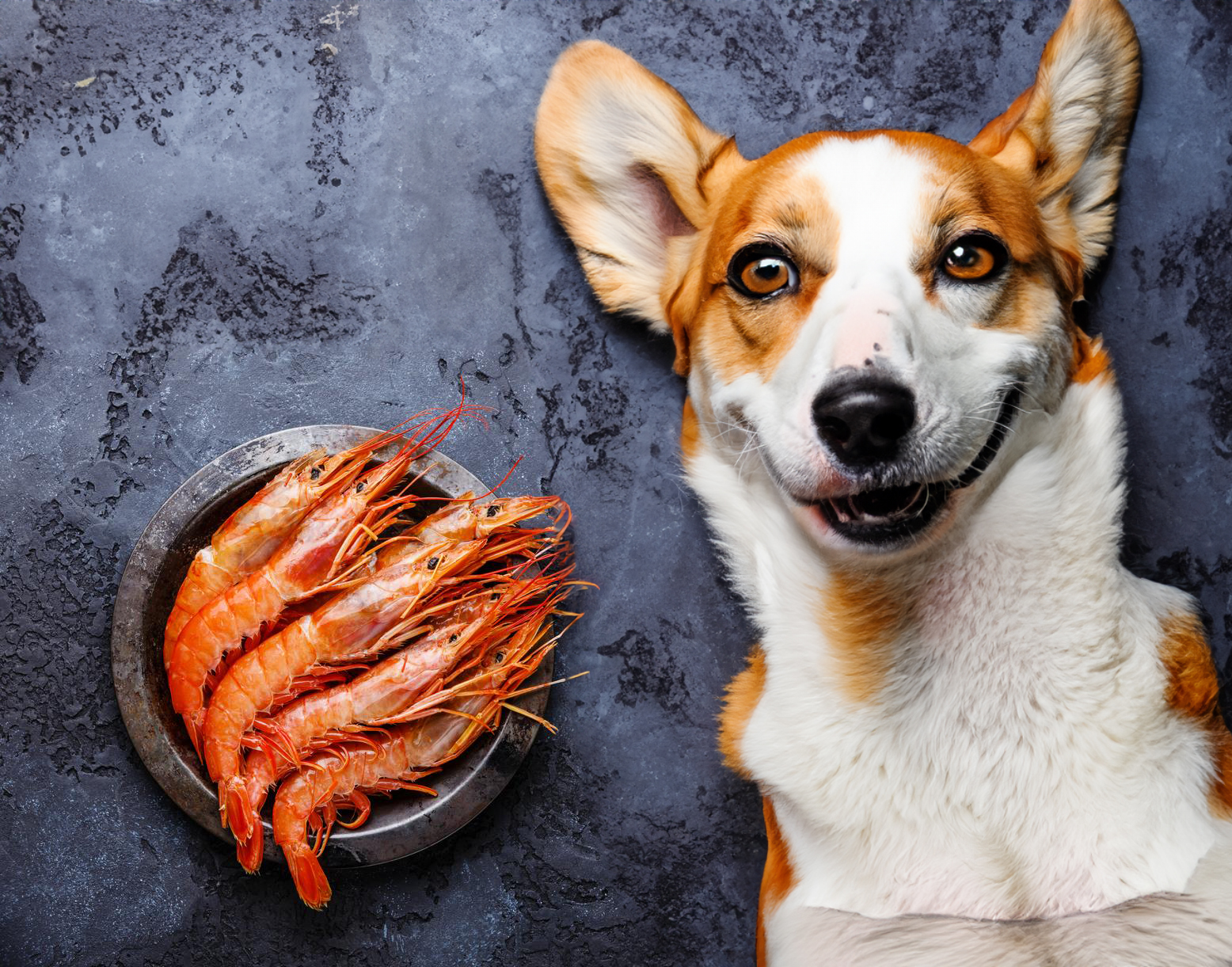If you’ve ever wondered whether or not it’s safe to share a little seafood with your furry friend, you’re not alone. Many pet owners have pondered the same question: can dogs eat scallops? The answer is yes—with some caveats. In this blog post, we’ll take a closer look at the pros and cons of feeding your pup scallops, as well as discuss some important considerations for preparing and serving them. So, read on if you want to learn more about scallop safety for your pup!
The Nutritional Benefits of Scallops for Dogs
When it comes to the nutritional benefits of scallops for dogs, there are definitely some pawsitive aspects to consider! These delicious seafood treats are not only packed with protein, but they also provide important vitamins and minerals that can support your furry friend’s overall health.
Scallops are a great source of omega-3 fatty acids, which can promote a healthy coat and skin, as well as support joint health. They also contain essential nutrients like magnesium, potassium, and selenium. However, it’s important to remember that moderation is key, as too much of a good thing can lead to digestive issues. So, if you’re thinking of treating your pup to some scallops, do so in moderation and consult with your vet for specific portion recommendations.
The Potential Risks of Feeding Your Dog Scallops
While scallops can be a tasty treat for your dog, it’s important to be aware of the potential risks. One major concern is the risk of foodborne illnesses, such as salmonella or E. coli, which can be present in raw or undercooked scallops. It’s crucial to ensure that any scallops you feed your pup are fully cooked and sourced from a reputable supplier.
Additionally, scallops are high in cholesterol, which can be problematic for dogs with certain health conditions. Lastly, the texture of scallops can pose a choking hazard, especially for small dogs or those who gulp their food. Always supervise your dog while they’re enjoying their scallop treat to prevent any accidents.
How to Safely Feed Your Dog Scallops
When it comes to safely feeding your dog scallops, there are a few important things to keep in mind. First, always make sure that the scallops are fully cooked before offering them to your pup. Raw or undercooked scallops can harbor harmful bacteria that can cause foodborne illnesses. Next, be mindful of the portion size. While scallops can provide great nutritional benefits, moderation is key. Too much can lead to digestive issues. Additionally, be cautious of the texture. Cut the scallops into small, manageable pieces to prevent choking, especially for smaller dogs or those who tend to gulp their food. By following these tips, you can safely treat your dog to some delicious scallops.
Alternative Seafood Options for Dogs
If you’re looking to mix up your dog’s seafood menu, there are plenty of alternative options to scallops that can provide similar nutritional benefits. One great option is salmon, which is not only delicious but also packed with omega-3 fatty acids that promote a healthy coat and skin.
Another seafood option for your furry friend is shrimp, which is low in fat and high in protein. Tuna is another popular choice, as it is rich in omega-3s and contains essential vitamins and minerals. Just make sure to avoid any seasoning or additives when preparing these alternative seafood options for your dog. Your pup will be sure to appreciate the variety in their seafood feast!
Final Verdict: Can Dogs Eat Scallops?
After considering the pros and cons, the final verdict on whether dogs can eat scallops is a cautious yes. While scallops can provide nutritional benefits such as omega-3 fatty acids and essential nutrients, there are potential risks to be aware of. Make sure the scallops are fully cooked, sourced from a reputable supplier, and offered in moderation to prevent digestive issues.
Additionally, be mindful of the texture to avoid choking hazards, especially for smaller dogs. If you’re looking for alternative seafood options, consider salmon, shrimp, or tuna. Remember to avoid seasoning or additives. Treat your pup to some seafood delights, but always prioritize their safety and well-being.










